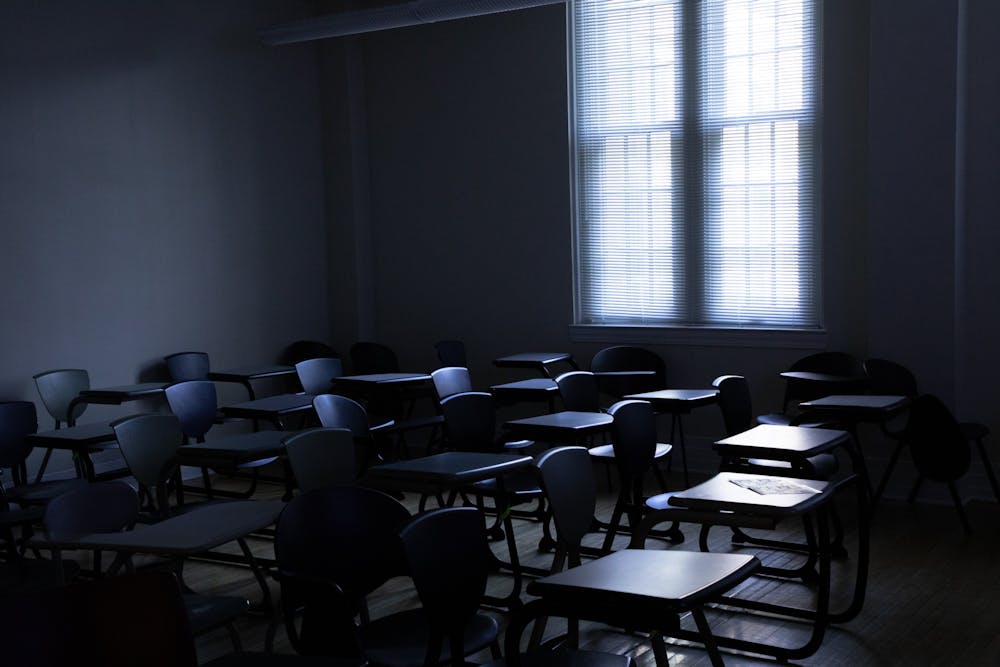Students from marginalized backgrounds have historically been discriminated against in public schools, especially those in Orange County. Both K-12 educators and administrators are not immune to implicit biases, and systemic racism continues to persist in these educational institutions.
Minority students often feel the effects of harsher discipline in schools, which can both affect their academic performance and career trajectories. A combination of policing in schools and implicit biases create hostile learning environments for students of color.
Firstly — and most significantly — minority students are far too often subjected to exclusionary methods of discipline, including suspensions and expulsions.
For instance, Black and Hispanic students are more likely to be suspended than their white counterparts, with Black students three and a half times more likely to be suspended or expelled in particular, according to a report by the U.S. Department of Education's Office of Civil Rights.
Additionally, around 70 percent of students arrested or referred to law enforcement for disciplinary problems are Black or Latinx.
Trends such as these are no mere coincidence, nor do they represent any inherent differences between white and nonwhite students. Simply put, there are systemic racism in action — in places that are supposed to emphasize growth and development equally for all students. And continuing to ignore this trend is a severe injustice to students of color, both in Orange County and across the nation.
When students are subjected to exclusionary methods of discipline, their academic lives and performances suffer. The disproportionate rates of harsher discipline for Black students over their white counterparts, especially in the form of suspensions, can also be linked to performance on standardized tests, per a study led by Stanford University.
The study found that a 10 percentage point increase in the Black-white discipline gap in a school district could predict a gap that is 17 percent larger than the average Black-white achievement gap. These parallels are difficult to ignore.
This issue is especially severe in North Carolina, where Chapel Hill-Carrboro City Schools has the second-largest achievement gap between Black and white students in the nation, according to the Stanford University Center for Education Policy Analysis.



